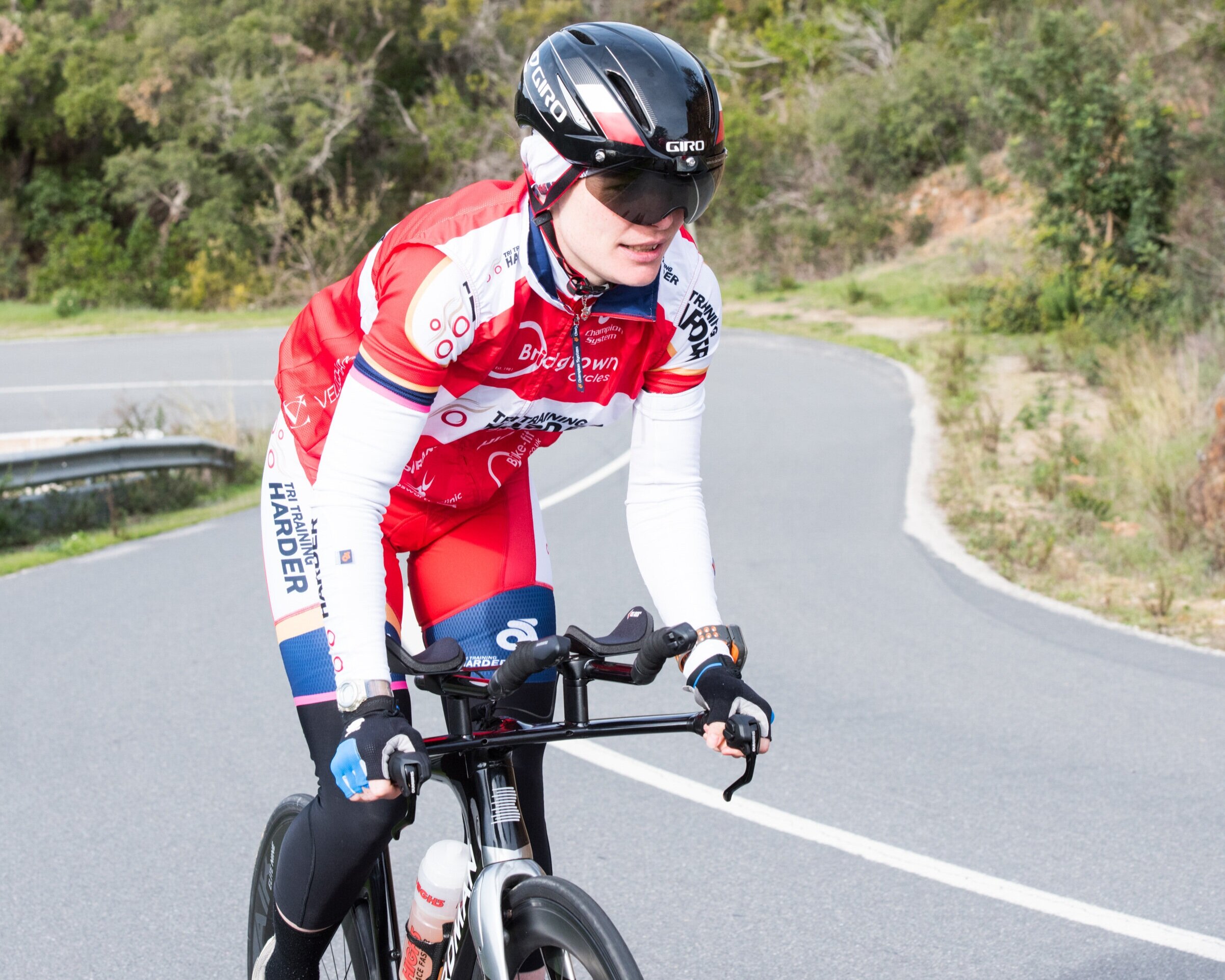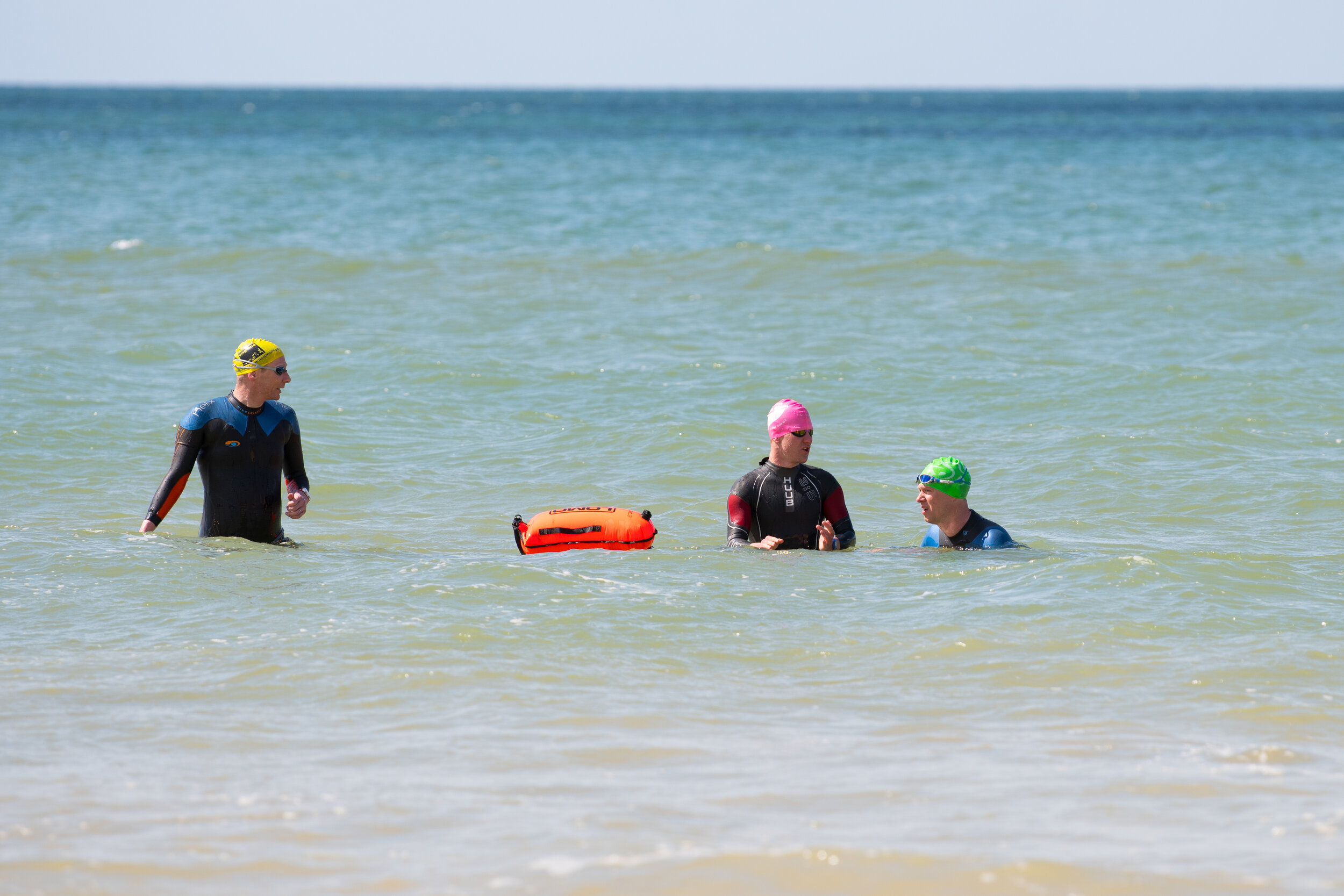5 Habits To Make You Resilient To Stress.
This article is taking with permission from alexischristoudlou.com where Alexis Christdoulou writes to help empower growth mindset and tapping into the performance we all have.
How to alter your response to setbacks.
At 06:00 in a calm and deep lake, 2,000 Lycra-clad athletes tread water. The starter’s gun goes off as the sun starts to rise. At the lake’s edge, one athlete hyperventilates. Despite enormous talent and months of hard training, he seems unable to start the race. The others take off, and they are racing.
Whether in a high-stress combat situation or at the start line of an IRONMAN triathlon, one personality attribute is the glue which holds us together: resilience.
Maya Angelou wrote:
We may encounter many defeats, but we must not be defeated. That sounds goody-two-shoes, I know.
Resilience is more relevant than ever before, and Maya Angelou suggests stress and pressure are opportunities for growth.
But I believe a diamond is the result of extreme pressure and time. Less time is crystal. Less than is coal. Less than is fossilized leaves. Less than that, it’s just plain dirt.
Angelou emphasised the need for patience, courage and hope — critical ingredients of resilience.
I am saying we may encounter many defeats — maybe it’s imperative we encounter the defeats — but we are much stronger than we appear to be and maybe much better than we allow ourselves to be.
Work pressures and demanding clients require us to have high expectations. Small setbacks can sap motivation and co-workers’ judgements can leave you feeling deflated.
If you aspire to operate at your best consistently, it’s pre-eminently crucial you jump back from small failures — emotional resilience.
Resilience is the capacity to adjust to difficulty, notable stress or adversity in the extreme, and bounce back faster than most. I have seen capable athletes at the start of the swim of an Ironman have panic attacks. Yet, they somehow manage to calm their nerves and join the race a few seconds later. It’s part of their training. People who bounce back quickly view setbacks as temporary and keep moving forward no matter what; no uncertainty or ambiguity stands in their way. Research finds resilient personalities outdo others in problem-solving, effective communication, emotional intelligence, and self-regulation.
Resilience isn’t a mysterious characteristic of an influential few. We all have it in our DNA, and it’s there ready to be cultivated and refined with the right habits.
1. Adjust your view on stress.
Setbacks happen. To alter your response to them is probably one of the most effective changes you can make. If you see stress as a precursor to failure or as a menace, change it to an opportunity: to overcome and learn. You can create what psychologists call an Optimistic Explanatory Style, or the capacity to understand difficulties are brief and solvable. Don’t ask:
“Why is this happening”
Ask instead:
“What can be done?”, “What can I learn from this?”
If you can find meaning and a purpose within turmoil, you have developed an essential element of resilience.
2. Control your feelings.
Some of us react to stress with fiery temper while others retreat from the fray. Neither is a positive reaction. Those who are self-aware and resilient decipher their feelings, no matter how uncomfortable the process. If you stand still and allow yourself time and space to understand and digest difficult emotions such as defeat, rage, and sadness in a measured and calm manner, you have the second key ingredient nailed.
Athletes, for example, often write to explore and regulate their feelings (Purge Emotional Writing). They have blogs and training dairies for this reason. Written words help them better understand what they are feeling. This way, they can decide whether to act on their feelings or not.
3. Embrace uncertainty.
Resilience requires you to act in the absence of clearly defined outcomes. It’s tough to make decisions in the face of doubt. So, concentrate on the process rather than the outcome. Or focus on problem-solving instead of perfection. Be graceful with your accomplishments, no matter how insignificant. There is a profound sense of purpose when you get the small things right rather than overly worrying about the big picture.
The swimmer in question started the race eventually: with a focus on swim stroke technique and breathing rather than the whole 3.8km he had to cover alongside the other 2,000 thrashing athletes. His training was going to carry him to the end of the swim anyway!
Resilience wins.
4. Be kind to yourself.
It’s crucial to know when to give yourself ‘time-out’, to catch your breath, relax and re-focus.Resilience demands drive and energy, so allow yourself time to regroup and break down the larger task into less daunting smaller achievable chunks. In general, exercise, a sensible diet, routine in sleep, and building time for relaxation are one of many ways to re-energise and re-focus.
The aim is to apply ‘kindness’ to both body and soul. Sleep deprivation destroys one’s sense of perspective. Whereas, regular sleep and a proper diet can make you feel confident, alert and happy.
5. The friend feed.
Friends and colleagues can be confidants and provide a sense of positivity and perspective — one of the foundations of resilience. No man is an island, and no matter how sharp your focus, friends can feed the mind like no one else. It is especially important to surround yourself with positive and constructive people but not necessarily ‘yes men’. You need people who gently challenge you: they help you find a way around a problem, especially if your mind is going around in circles.
The physiological responses of being surrounded by people who feed our mind are better health: lower heart rate in times of strain and lower stress responses. It is for this reason why teams work so well together — teams have a positive psychological and physiological effect on its members.
The difficulty of leadership is that difficulty is inevitable. Irrespective of how talented you are, you will face stressful circumstances. Even the best of us succumb to small setbacks which affect us disproportionately. It is possible to function at our best consistently. Small setbacks are pre-eminently worrying at first. The immediate response should be: re-group, reach out and resume. It is powerful and winning combination.
We’re here to help
Tri Training Harder are one of the leading Triathlon coaching providers in the UK, using our wealth of experience to unite scientific and technological research with already well-established and successful best practices, to create a formula for triathlon and endurance coaching that works.
The result is an honest, dynamic, yet simple new way of constructing an athlete’s training to allow them to reach their potential.
If you’re planning your next season, just starting out in the sport or are looking for extra guidance at the very top end of the field, we are here to help, and our coaches would be delighted to hear from you. You can contact us via the website, and one of the team will be in touch.


